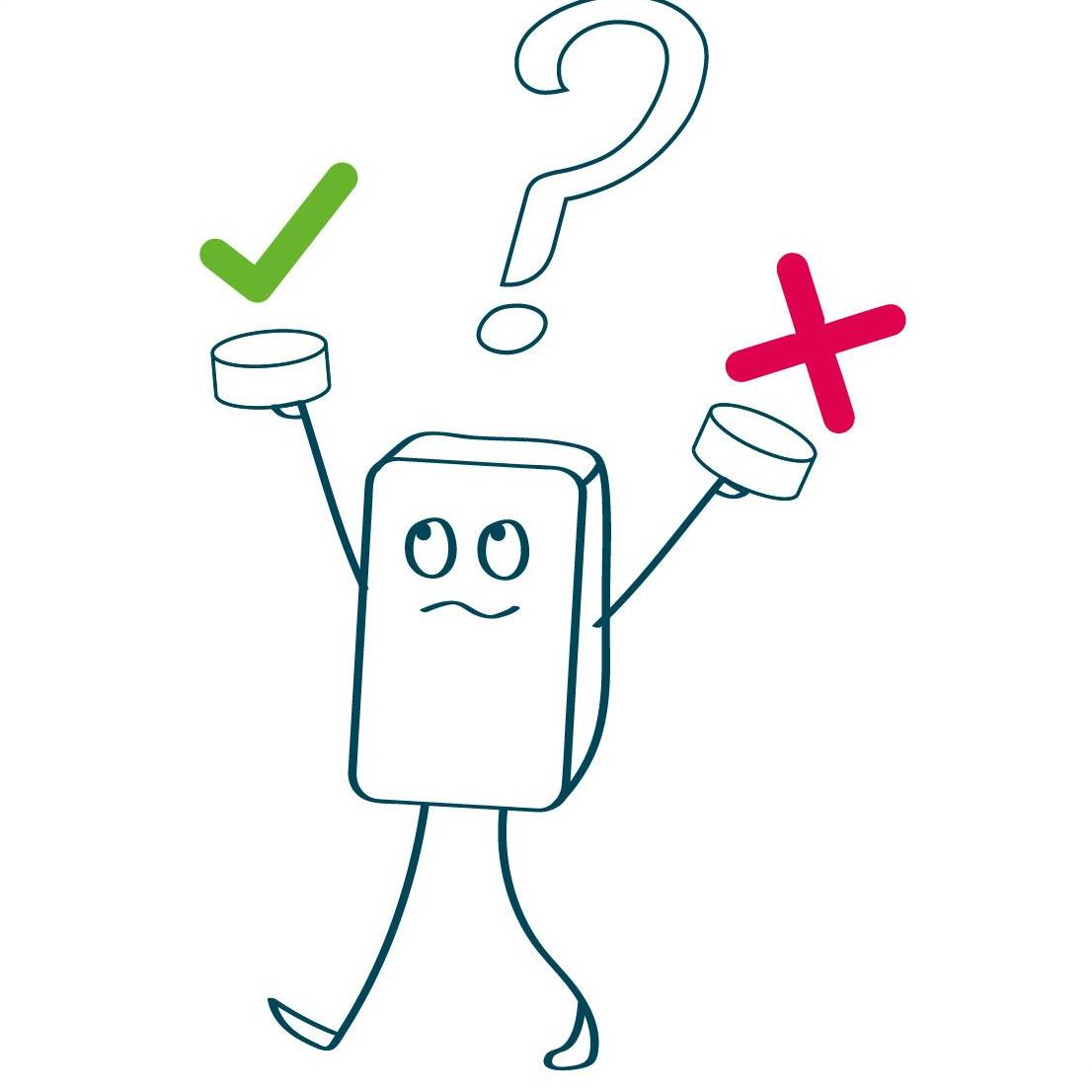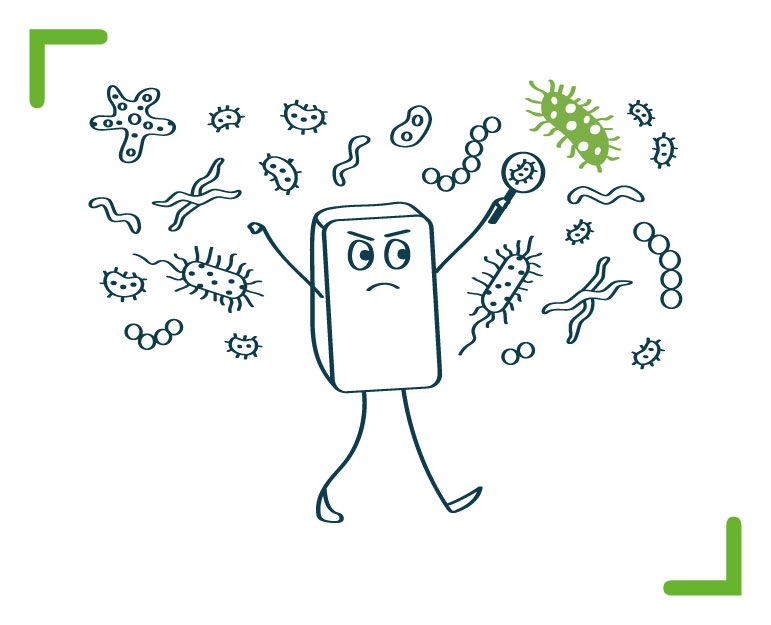

WANT TO KNOW ALL ABOUT BLEACH?
Bleach is a household product that is commonly used, but often misunderstood. Here's a look at some common misconceptions about bleach, to help you sort out what's real and what's not.
DOES BLEACH KILL ALL GERMS?
Yes, bleach is a powerful disinfectant that can kill all bacteria, viruses and fungi.
DOES BLEACH CLEAN?
No, bleach does not clean but disinfects. For effective disinfection, we recommend using a cleaning product on surfaces beforehand.
CAN YOU DISINFECT THE WHOLE HOUSE WITH BLEACH ?
Yes, you can use bleach to disinfect the whole house. Here are a few examples of applications often unknown:
- Bathroom
- Toilet
- Kitchen
- Rubbish bins
- Refrigerators
- Floors
- Switches
- Door handles
- Bed linen and towels
- Mops
- Sponges
- White clothes...
DO YOU NEED TO INCREASE THE DOSE OF BLEACH TO KILL BACTERIA & VIRUSES?
No, overdosing Will not kill more viruses. Using more bleach doesn't necessarily mean more effective disinfection. The right dosage is enough and avoids waste! It's good for your wallet and better for the planet. Please refer to the dosage instructions on the product label.
SHOULD SURFACES BE RINSED AFTER USING BLEACH?
Yes, it's often recommended to rinse surfaces after applying bleach, especially if they come into contact with food or if residues may come into contact with the skin.
DOES BLEACH ELIMINATE COVID-19?
Yes, when properly dosed, the bleach tablet is highly effective at disinfecting and eliminating bacteria fungi and viruses, including enveloped viruses such as coronavirus(1).
(1)tested on BETACORONAVIRUS strain.
CAN YOU DISINFECT FOOD WITH BLEACH TO PROTECT YOURSELF FROM THE VIRUS?
No, bleach should not be used directly on food. Washing with clean water is sufficient.
CAN YOU WASH WITH BLEACH?
No, bleach should not be used directly on the skin, hands or body. Washing thoroughly with soap is sufficient.
CAN BLEACH BE USED IN SEPTIC TANKS?
No, chlorine can disrupt bacterial cultures in septic tanks, thus affecting their operation.
-%20rond.jpg)
Bleach is a biocide, a powerful disinfectant that eliminates 99.99% of bacteria, moulds and viruses. Its use requires certain precautions. By better understanding its properties and limitations, you can use it more safely and effectively to maintain a clean, healthy environment.

WHAT IS BLEACH?
Bleach is a biocide, a powerful disinfectant that eliminates 99.99% of bacteria, mould and viruses. Effective, safe and economical, it allows everyone to protect themselves against covid-19.





